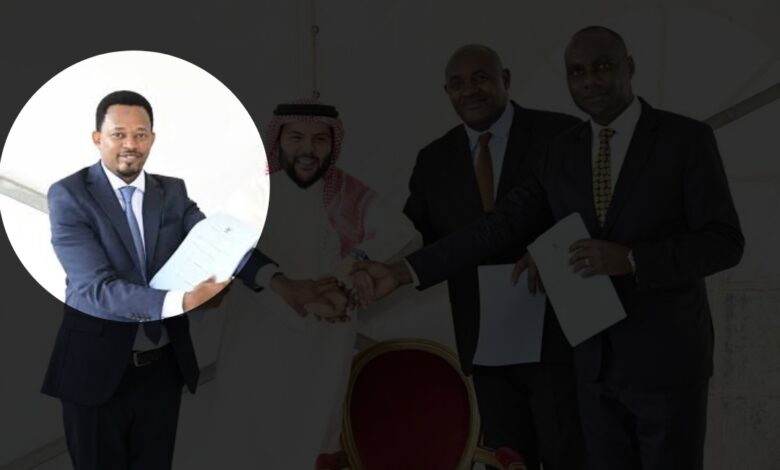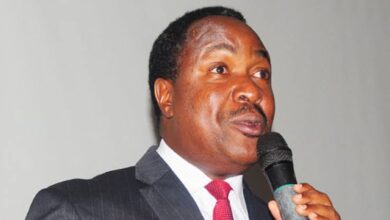
Kantu Moses, an individual claiming to be the son of President Yoweri Museveni, has been at the center of a series of controversial activities that have sparked widespread concern across Uganda.
Moses, often seen boasting about his supposed presidential lineage, is alleged to harass and intimidate anyone who stands in the way of his ambitions to exploit the country’s resources.
Reputed for his unscrupulous behavior, Kantu Moses is described by insiders as embodying greed, deception, and a lack of patriotism.
Moses is a nightmare for ministers, investors, and government officials alike, leveraging his connections to carry out clandestine deals and defy presidential directives for personal gain.
Kantu Moses, known in some circles as the son of Sam Magara, a veteran of Uganda’s bush war, has a disputed lineage.
Sources suggest that Sam Magara is not his biological father; instead, Moses’ mother, who was once Museveni’s housemaid, allegedly conceived him with her brother-in-law.
This purported connection to Museveni is said to have secured Moses special treatment from the President, a favor he has repeatedly exploited.
One of the most notable scandals involving Kantu Moses is his attempt to transfer Uganda Telecom Limited (UTL) to a purported Saudi prince, Chaher Al Taki.
Insider information has revealed that Al Taki, far from being royalty, is a Syrian national married to a distant relative of the UAE royal family. Kantu Moses, leveraging his presidential access, introduced Al Taki to Museveni as an investor through Rowad Capital Commercial, a company where Moses himself serves as CEO.
The deal proposed by Kantu Moses and his associates involved Rowad Capital Commercial taking over all internet and telephone services for the Ugandan government.
Analysts estimate that this agreement could result in a loss of $100 million in taxes per month for the government. Despite this alarming projection, Moses has allegedly used intimidation tactics against the National Information Technology Authority (NITA), Investment Minister Evelyn Anite, and officials from the Ministry of Finance who opposed the deal.
The actions of Kantu Moses highlight significant vulnerabilities within Uganda’s governance and investment climate.
His ability to manipulate key figures and secure lucrative contracts through deceit and intimidation raises serious questions about oversight and accountability within the government.
As more details emerge, the full extent of Moses’ impact on Uganda’s economy and political landscape remains to be seen.




